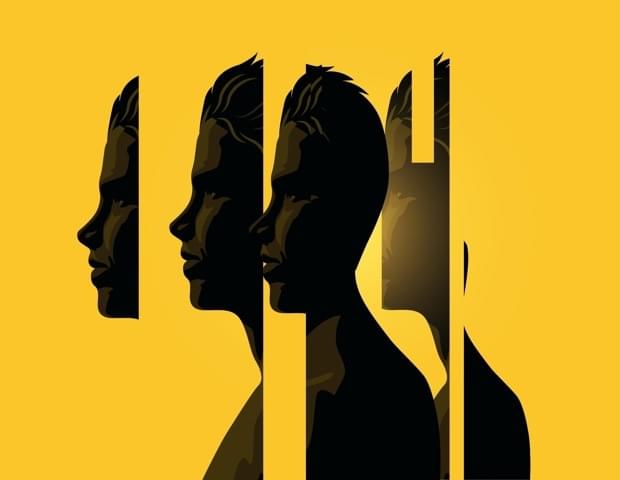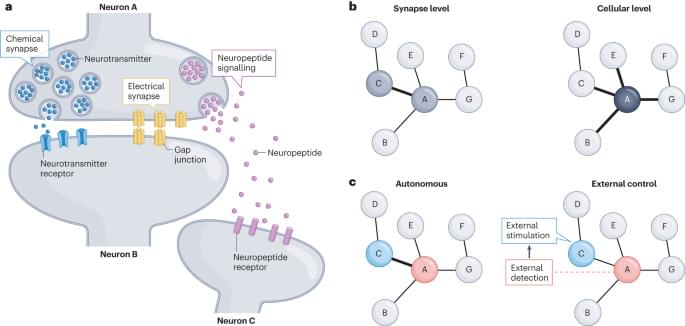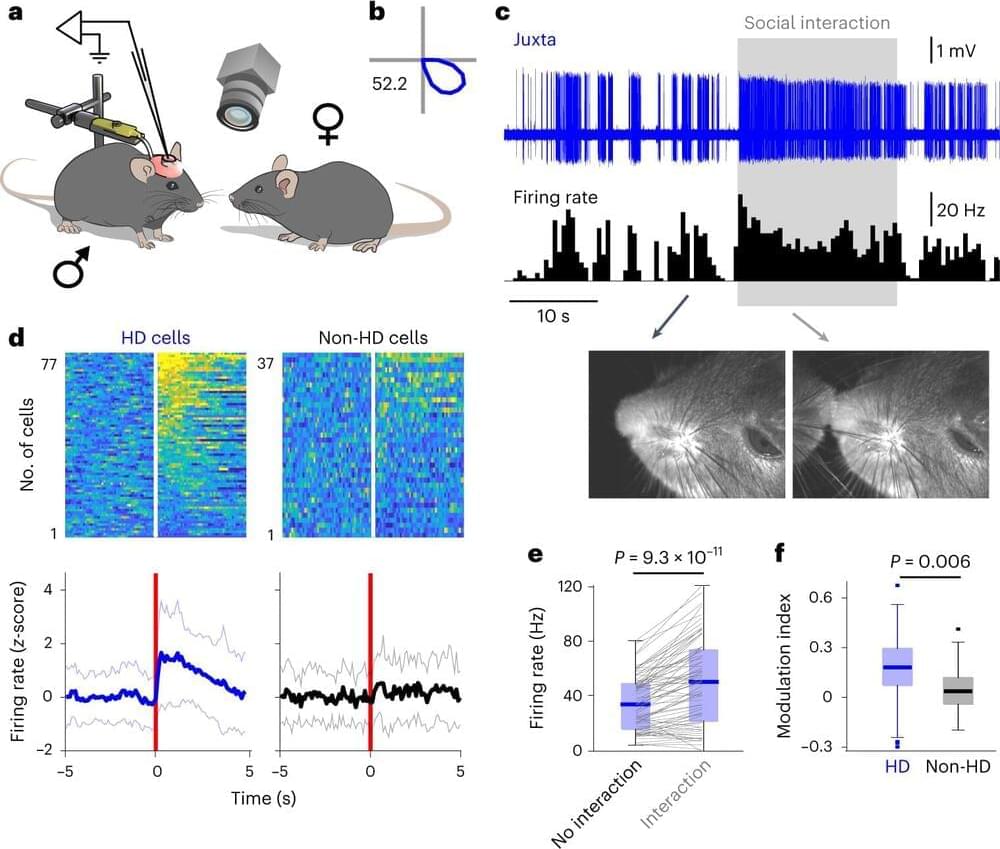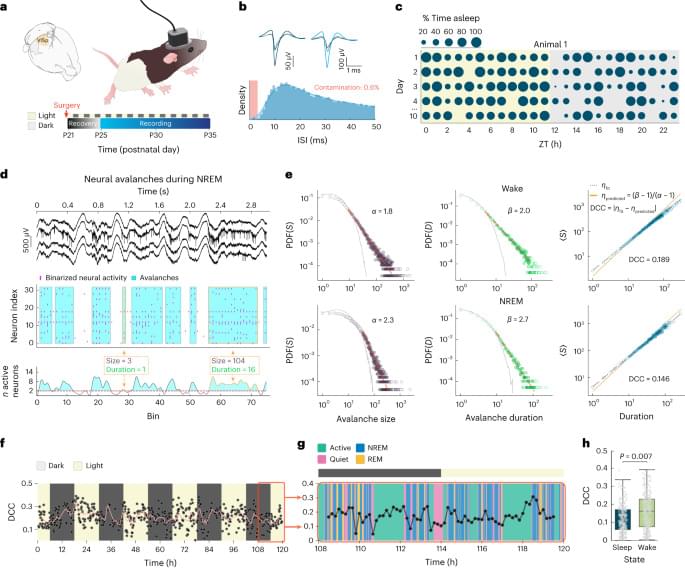Sitting alongside the neurons in your enteric nervous system are underappreciated glial cells, which play key roles in digestion and disease that scientists are only just starting to understand.



I post this especially because we use our minds and healthy body, healthy mind.
For people looking to start 2024 with a new routine to feel fitter and happier, a new study from the University of Bath suggests that combining mindfulness with exercise could be your key to success.
A study, published in the academic journal Mental Health and Physical Activity, suggests that life changes which combine both physical activity and mindfulness are most effective at lifting mood and improving health and wellbeing.
Both physical activity and mindfulness practice have well established psychological benefits. However, by reviewing existing research studies, this is one of the first to show how the positive effects can be increased when the two are combined.

Synaptic engineering involves the synthetic insertion of new synapses between neurons in vivo. In this Perspective, Rabinowitch, Colón-Ramos and Krieg explore this emerging approach for studying neural circuits, describing the different methods that have been used and how they have been implemented.

Since their discovery in the 1990s, the head-direction cells in the brain have been referred to as its “internal compass.” These cells are activated when the head of an animal or human points in a certain direction, and are thought to be important for spatial orientation and navigation.
Now a team of neuroscientists at the University of Tübingen has discovered that head-direction cells in mice do more than this. They may be involved in relaying sensory and emotional information that is used to form memories of experiences, called “episodic memory.”
The research team, led by Professor Andrea Burgalossi from the Institute of Neurobiology and the Werner Reichardt Center for Integrative Neuroscience (CIN), have published their study in the journal Nature Neuroscience.

Unraveling the Enigma of Sleep: A Critical Exploration of Cortical network Dynamics.
Sleep has long been recognized as a fundamental physiological process, crucial for the well-being of both humans and animals.
Xu et al. show that waking progressively disrupts neural dynamics criticality in the visual cortex and that sleep restores it. Deviations from criticality predict future sleep/wake behavior better than prior behavior and slow-wave activity.
Radon, a naturally occurring radioactive gas produced when metals like uranium or radium break down in rocks and soil, is a known cause of lung cancer. Now new research has found exposure to high levels of this indoor air pollutant is associated with an increased risk of another condition in middle age to older female participants with ischemic stroke. The study is published in the January 3, 2024, online issue of Neurology, the medical journal of the American Academy of Neurology. Ischemic stroke is caused by a blockage of blood flow to the brain and is the most common type of stroke.
The condition, called clonal hematopoiesis of indeterminate potential (CHIP), develops when some hematopoietic stem cells, the building blocks for all blood cells, undergo genetic mutations as a person ages. Cells with such mutations replicate more quickly than cells without them. Previous research has shown people with CHIP may have a higher risk of blood cancers like leukemia and cardiovascular disease including stroke.
The study involved 10,799 female participants with an average age of 67. Approximately half of participants had a stroke or blood clots.
Consciousness, “What It’s Like To Be…,” and “subjective experiences” can be explained by the Experience Recorder and Reproducer (ERR).\
We propose that a minimal primitive mind would need only to \.
My first Great Problems lecture will be on the Mind-Body problem and David Chalmers “hard problem.” See consciousness, panpsychism pages on I-phi website.

Nearly 2 million Americans suffer from type 1 diabetes — a condition that causes drastic spikes or drops in sugar levels and, in turn, dizziness, nausea, and fatigue. It’s a condition that must constantly be monitored, something that a lot of diabetics find mentally exhausting.
One diabetic, Naomi, told the BBC that she couldn’t handle “the physical or mental challenges of diabetes anymore,” and struggled to monitor her blood sugar levels multiple times a day. Naomi’s struggle isn’t unique — it’s called diabetes burnout.
There’s no cure for type 1 diabetes. However, researchers at the University of Arizona have adapted a cancer immunotherapy technique that has produced promising results in treating diabetes (in mice). The researchers engineered immune cells to fight off rogue T cells (immune cells that go haywire and attack the body) that can damage the pancreas, causing type 1 diabetes.

Several techniques currently are used to determine the pace of aging in animals and, to a lesser degree, in humans. However, the techniques used in humans lack accuracy, don’t assess aging in specific organs, are not widely available, and are expensive.
A multi-institutional research team measured the levels of nearly 5,000 human proteins in 5,676 people of all ages who were followed for as long as 15 years in five prospective longitudinal cohorts. Each measured protein was associated with specific organs, based on previous studies: adipose tissue, artery, brain, heart, immune tissue, intestine, kidney, liver, lung, muscle, or pancreas. Combinations of proteins indicated the pace of aging in each organ. Accelerated aging of one organ was found in nearly 20% of people, and accelerated aging of multiple organs was noted in ≈2%. Accelerated aging in a specific organ correlated with risk for developing disease in that organ. For example, people with accelerated heart aging (vs. those without it) had 250% higher risk for developing heart failure, and people with accelerated brain and vascular aging had nearly 60% higher risk for developing Alzheimer disease.
Various tools — from sequencing a person’s genome to measuring gene expression (e.g., the “methylome”) — are becoming available to predict a person’s risk for developing particular diseases. Will these predictions lead to interventions that lower risk? The jury is still out on that question.